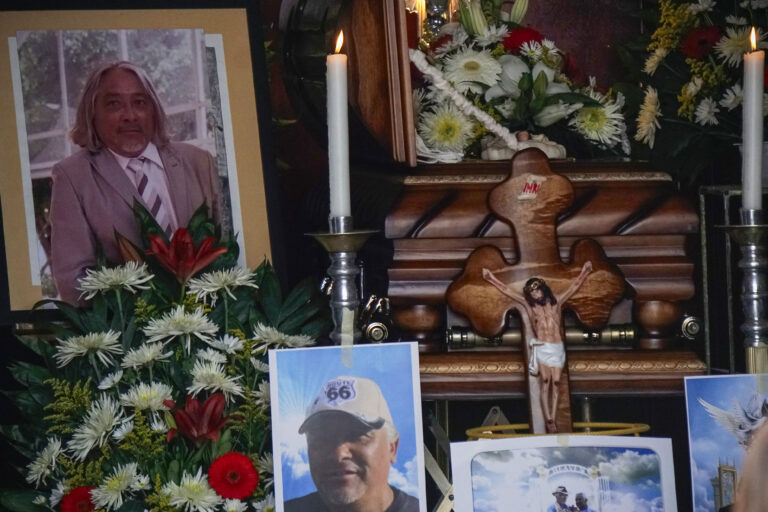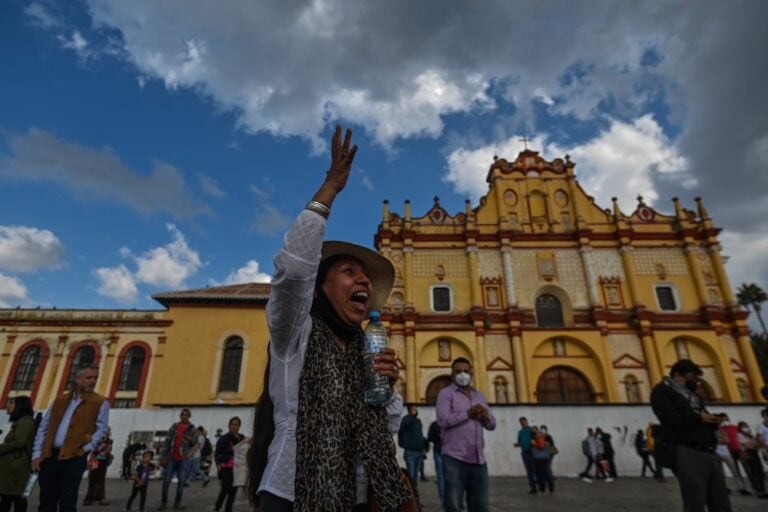The IAPA's concern over a proposed law for the protection of minors is based on legislative experience in the Americas, where many laws for the protection of minors have included restrictions of news content.
The Inter American Press Association (IAPA) expressed its deep concern to the leaders of the Mexican Congress that a law that President Enrique Peña Nieto has submitted with the good intentions of protecting children and minors, could become an instrument to restrict freedom of the press and of expression, with the aggravating circumstance of sentencing reporters, editors and publishers to prison.
On September 1 Peña Nieto sent to the Senate a bill for a General Law for the Protection of Girls, Boys and Teenagers “to be dealt with on a preferential basis”. This implies that the bill should be debated by the Senate within the next 30 days of its ordinary session.
In a letter sent to Chamber of Deputies Speaker Silvano Aureoles Conejo and Senate President Miguel Barbosa Huerta the Chairman of the IAPA’s Committee on Freedom of the Press and Information, Claudio Paolillo, asked for restraint in the debate and possible enactment of the law “with the intent to preserve freedom of expression and the public’s right to information without restrictions, in line with constitutional guarantees and those that derive from international treaties that Mexico has pledged to respect.”
Paolillo, editor of the Montevideo, Uruguay, weekly Búsqueda, added that despite the “good intentions” that might guide the government in preserving and caring for the rights of minors “there is concern about the many ambiguities in the bill, which gives the government a license to interfere in media content, giving rise to a framework conducive to prior censorship.”
The IAPA’s concern is based on legislative experience in the Americas, where many laws for the protection of minors and television blockages to protect children were “Trojan horses” intended to include and justify restrictions of news content and media’s editorial policies.
Paolillo said that in taking into account that the media shall not be harmful to minors by advocating criminal behavior (Article 82) or that they shall not give information “which negatively impacts childhood” or be a “risk derived from the access to news media” (Article 80), it will imply that the media will remain at the discretion of the authorities, which will be able to punish the media outlet and the journalist for providing news about violent incidents, drug-trafficking, human trafficking, domestic violence, alcoholism and corruption.
In addition to the ambiguities, the IAPA noted contradictions. Among these the future law requires radio broadcasters to provide air time for minors (Article 78), even though on the other hand it prohibits the violation of the privacy of boys, girls and teenagers (Article 87) through any use of their image, name or personal information without the authorization of parents, teachers or competent authorities.
“It is also clear,” added Paolillo, “that the government is assuming a subsidiary principle with the intention that the media assume an educational role, a task that corresponds to the government.”
For the majority of the alleged offenses that the media could commit, heavy fines are set that go as high as US$600,000 and imprisonment of up to four years (Article 137) for reporters and media employees, sentences doubling when such offenses are attributed to media editors and publishers.
In addition to these civil and criminal sanctions, those for repeated offenses will include shutdown of media outlets, both traditional and digital, and cancellations of their operating licenses.


